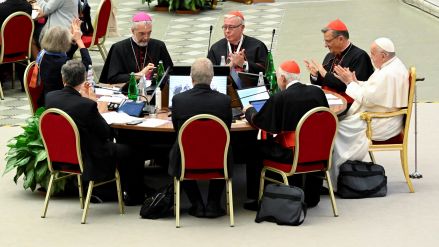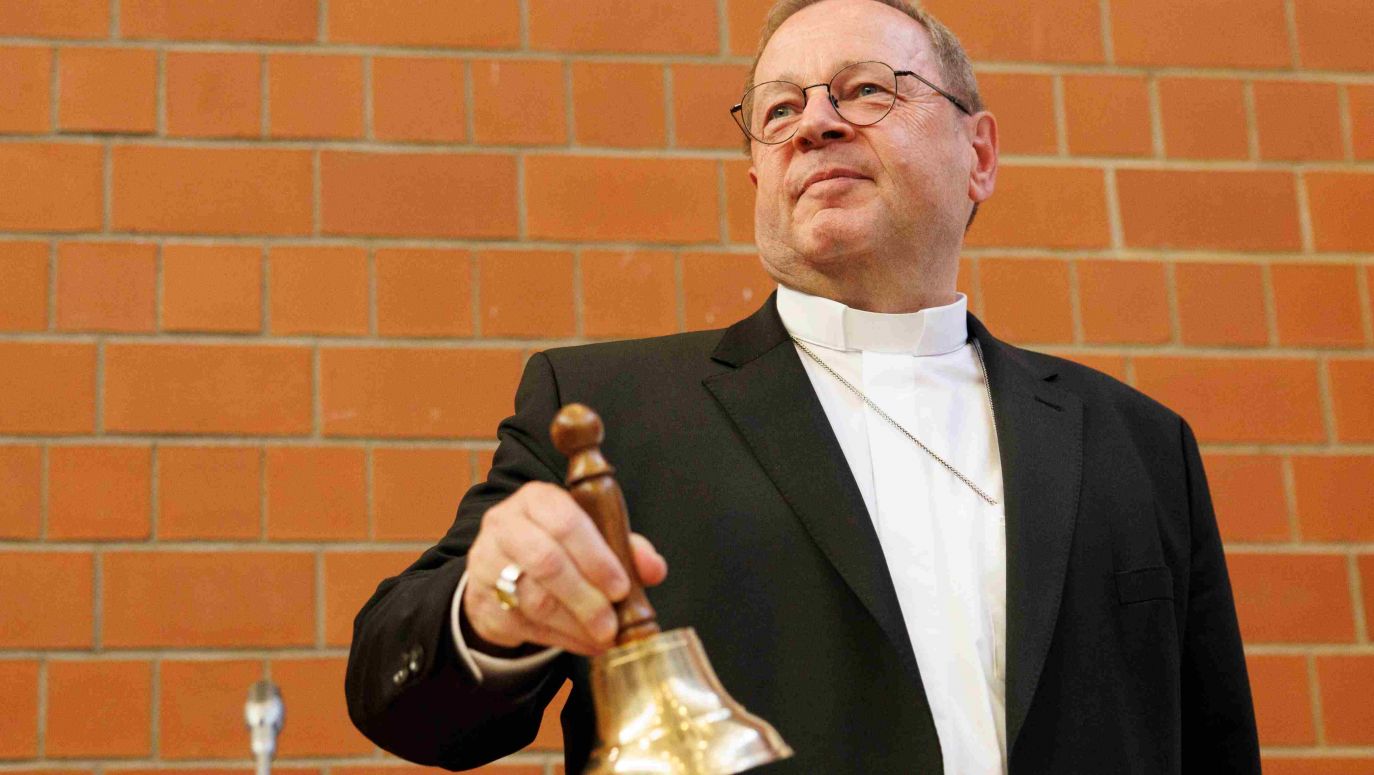So who has the problem? Archbishop Gądecki, or maybe the weekly "Tygodnik Powszechny" and related papers? And why does even "Rzeczpospolita" raise the issue? Additionally, with such a pretentious title - "We accuse and wait to be accused" – where in this unrefined and intellectually dishonest way it refers to the historical letter of the Polish bishops to the German ones ( “We forgive and ask for forgiveness”) written in 1965? Something went screwy in some colleagues' heads!
It's hard to resist the impression that this is some more extensive operation, not to say a brawl. But why? To forcibly – and unjustifiably – connect Archbishop Gądecki with the outgoing authorities? Attributing cynicism to Archbishop Gądecki's (GW) pro-government manipulations ("Rzeczpospolita") and even ignorance (TP) is embarrassing, not to say dishonest. Trying to fit the activities of the Church - universal, on a global scale, because this is what synodal discussions on the most critical, doctrinal issues concern (entering the statements of not only Archbishop Gądecki but also Cardinal Parolin and the Pope himself) – into current Polish politics is, to put it mildly, pathetic.
"For this reason, it is difficult to read both letters in isolation from the political context - tensions between Germany and the outgoing Polish government," we read in "Rzeczpospolita." It is rather difficult to read these words in isolation from journalistic details. After all, the author is probably aware of the letter of Cardinal Pietro Parolin published in "Die Tagespost", its Vatican dimension and the lack of any Polish context because it concerns the universal Church. So, is this manipulation? If the author doesn't realise this, he doesn't know what he's writing about. It's hard to say which is more dramatic and which is more embarrassing.
On Monday, November 27, in the evening, in Malta - where the plenary meeting of the Council of the Bishops' Conferences of Europe (CCEE) was held, both hierarchs - Archbishop Gądecki and Archbishop Bätzing – met for a conversation. "We are aware that we live in difficult times for the Church in Europe, but despite cultural differences, we will look together for the good and the right path for the Church in Poland and Germany", Archbishop Stanisław Gądecki announced on social media on Tuesday. His German interlocutor admitted that "we want, especially in these times, to stand together as neighbours, even if we recognise cultural differences in the legitimate diversity of Catholicism, and we try to find our way to a good future in which we want - as we have always done - to bear witness of the Good News to the people."
However, I will act undiplomatically and question his formula of "cultural differences in the legitimate diversity of Catholicism". Because when it comes to the most important matters, i.e. the sacrament of marriage for homosexual couples and the sacrament of priesthood for women, there is no "diversity of Catholicism" here. There is debauchery and libertinism, and the Church cannot consent to this, as the Pope wrote and said directly. And no Synodal Way, German or other one, will change this.
– Barbara Sułek-Kowalska
TVP WEEKLY. Editorial team and jornalists
– Translated by Katarzyna Chocian

 SIGN UP TO OUR PAGE
SIGN UP TO OUR PAGE







